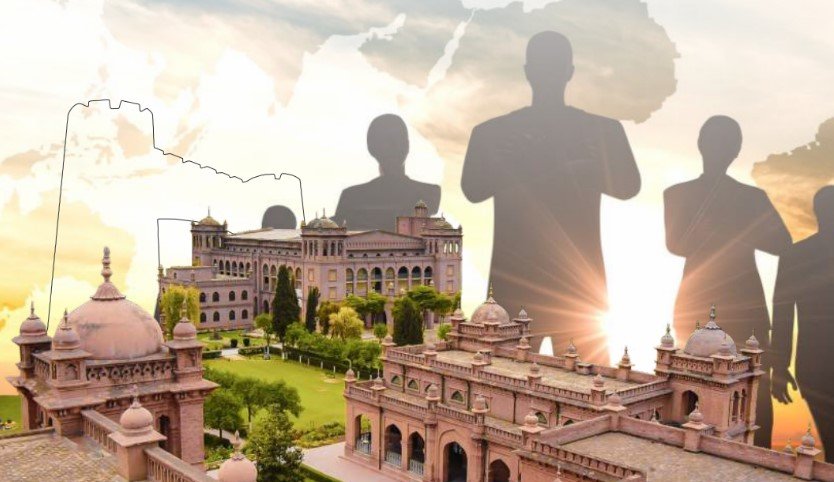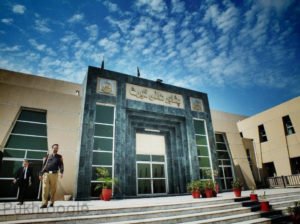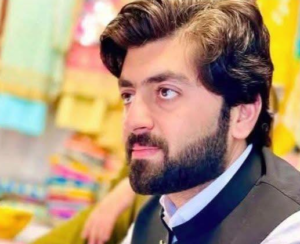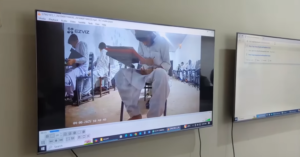Khyber Pakhtunkhwa Youth Policy 2016 is based on three pillars of integrated youth development, Economic, Social and Political empowerment. It would facilitate participation of youth in the mainstream development process.
Summary Of Khyber Pakhtunkhwa Youth Policy 2016
Introduction:
Khyber Pakhtunkhwa Youth Policy is the central tool to systemically integrate, implement, and evaluate all youth development work in the province.
The policy based on three pillars:
- Youth development through – Economic, Social and Political Empowerment
To predict empowering strategies, institutional mechanisms and the action points for multiple public, private and social sector stakeholders which are working to develop youth in the province. - Why Youth Policy?
In Khyber Pakhtunkhwa population of active youth (15 – 29) is 35%. Presence of a huge youth population will mean more resources, jobs, food security; increased social vibrancy; and political participation. In the desired and best case scenario, this youth bulge may serve as a dividend for the nation and youth can become the vehicle for change.- To use this HR resources effectively and efficiently
- According to need analysis of population if this HR resources didn’t manage properly then it will be a great disaster for the province (increase in unemployment & threat to law and order situation)
Therefore the main purposes of this policy are to:
- Attract to Formal Education
- Stop dropout
- Provide them formal & basic education
- Provide them comfortable environment for education
- After schooling provide them opportunity for respective education
- Right/Respective Education (Professional Education)
- Career Counseling/Career Management
- Skill Development
- Professional skills related to their education
- General skills (Communication, Leadership & Management)
- Technical & Vocational Skills (Training in different trades & technologies)
- Psychological/Life skills (Stress & Anger Management)
- Youth Rights (Health, Decision Making, Political/Civic Participation, Marginalized & Minorities youth etc.)
- Youth activism and volunteerism plays important role in engagement of youth in peace building and conflict transformation processes, inclusion of marginalized & minorities youth in main streamline
- Personality grooming, Community engagement & development (Sports & Extracurricular activities, Volunteerism, Entrepreneurship, Hassle Free Loan, Internship, On Campus Job & Job Placement)
- Sports/ Extracurricular activities (dedication and encouragement of youth)
How?
- Physical activities (Sports – all categories)
- General (Soft activities i.e. Debate/Speech, drama, etc)
- District Youth Olympic: To conduct competitions in school & colleges at district level for first two years, after two years Provincial Youth Olympic at provincial level)
- To develop societies (revival), Scouting in schools & colleges – Mandatory
- At school level (Baz-e-Adab) and at college level (NCC, Civil Defence some like that)
- Volunteerism (Youth groups, Civic & Political participation): Community engagement assignment for students at F.Sc/FA level (assign 25 compulsory marks for that) – Mandatory
- Entrepreneurship/Enterprise Development/Hassle Free Loans:
- To facilitate and guide young entrepreneurs regarding procedures for opening of new companies and provide legal advice as needed.
- Creation of small incubator offices equipped with all office facilities for young graduates so that they may work in these incubators to polish up their ideas and implement to venture activities. Such incubators may be set up in universities.
- Also provide financial resources/loans to increase access of poor/low income family youth to training institutions and facilitate those seeking self-employment
- Internship, On Campus Job & Job Placement:
- Developing and promoting Internship Program
- Encourage all universities to set up offices for awaiting graduates in job placements
- Launch “Social Assistance” and “Employment Insurance” programs to cater for temporary or short-term unemployment
What we want to achieve?
- Healthy & productive youth.
- Efficient & effective youth.
KP Youth Policy Full Booklet 2016:
https://drive.google.com/file/d/0B87QSxpQZG30aXdvYUs5WDFheDA/view
CM @PervezKhattakCM on stage#KPYouthPolicy pic.twitter.com/Wg1EBEr8Hi
— Pukhtoogle (@Pukhtoogle) November 28, 2016
https://www.facebook.com/OurKpk/videos/1215737538449561/







